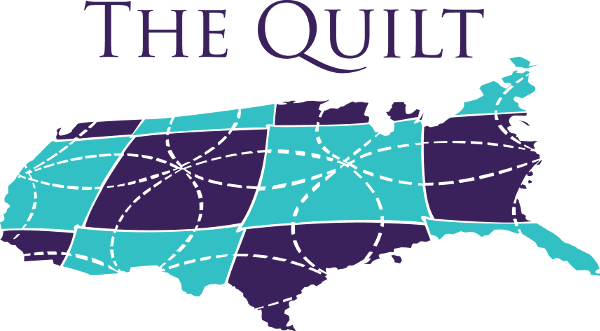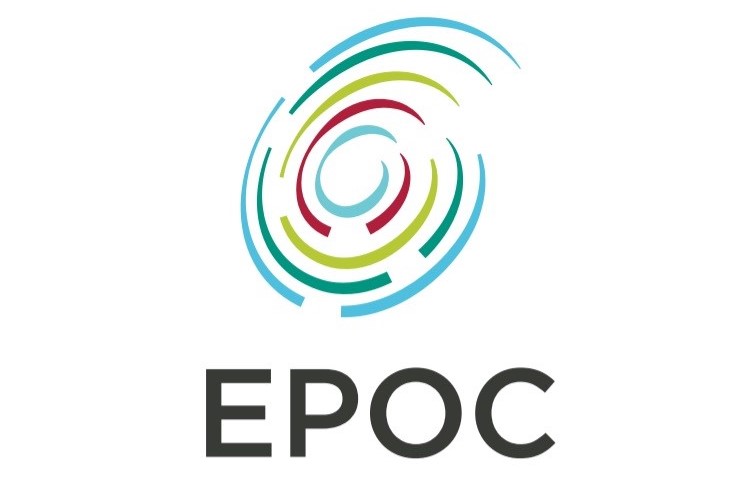Research and Education (R&E) networks form the “circulatory system” for science.
Understanding scientific workflows, and creating technical solutions that are able to assist and adapt to the changing needs of science, remains a critical gap that must be addressed for network-enabled use cases.
The Engagement and Performance Operations Center (EPOC) is a production platform jointly led by Indiana University (IU) and the Energy Sciences Network (ESnet). By considering the full end-to-end data movement pipeline, EPOC is uniquely able to support collaborative science, allowing researchers to make the most effective use of shared data, computing, and storage resources to accelerate the discovery process.
A major component of the EPOC strategy has been to work with the regional networking community to better understand workflows for diverse research teams in order to evaluate bottlenecks and potential capacity issues.
EPOC has partnered with Quilt members Front Range GigaPop, Great Plains Network, iLight, KINBER, LEARN, and OARnet to sponsor Application Deep Dives for campus environments. The outcome of these activities has been a better understanding of the scientific drivers, growth areas, and points of friction that exist today (and how they are likely to change over time). Campuses, regional partners, EPOC, and science communities receive a set of actionable items that can be addressed to better support the use cases.
With the pandemic-related travel restrictions, this work has shifted to a virtual approach for Deep Dives. This involves a video session to “train the trainers” – to get the local IT staff up to speed on the Deep Dive structured conversation approach so they can work with the individual science groups to fill out the application Case Studies. Once the Case Studies are collected, a series of “Focus Group” video calls are scheduled lasting no more than two hours so participants can walk through a subset of the Case Studies and try to pull out requirements. The full set of participants then update the Case Studies, combine the data and observations from the focus groups, and a written report is prepared, reviewed, and then made public.
EPOC is working with the University of Central Florida for the first Virtual Deep Dive.
Researchers willing to participate through video chats have enabled EPOC to work with a larger set of new use cases in a more conversational tone. A recent example is working with an archeology and anthropology researcher who typically spends significant time in a remote international location conducting field work. They were able to have the time to think critically about prior workflow and determine that it was not as efficient as it could be through the use of advanced IT support. The old process included hand-carrying an entire summer’s worth of data back to the lab using removable media, which was then processed over a number of months. After talking with EPOC and the sponsors at UCF, the team is considering ways to use remote data transfers and integration with local computational resources, which in turn could facilitate a parallel workflow during the time of remote study and enable more flexible field work through the availability of partial results.
EPOC is continuing to work with The Quilt to stage Virtual Deep Dive events until such time as travel resumes. For further information, contact epoc@iu.edu or visit us at http://epoc.global.

